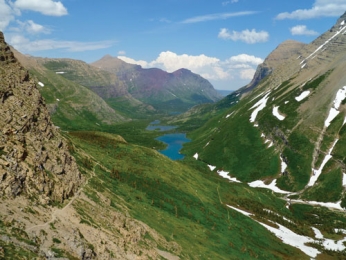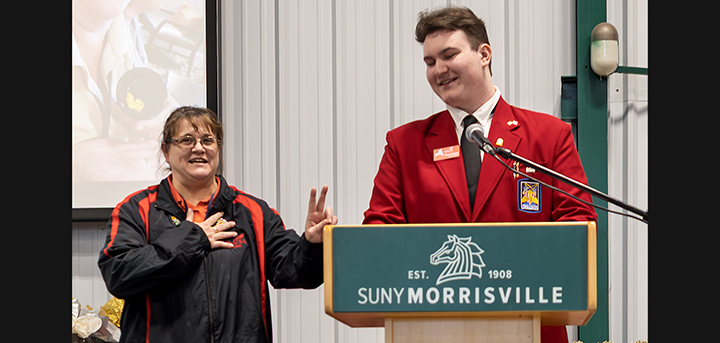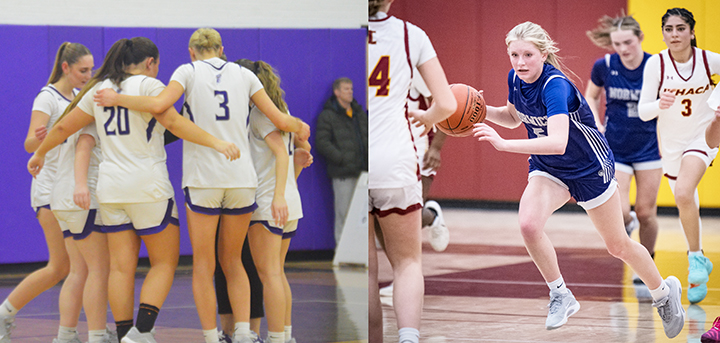Off the Map Week 6: Addicted to altitude
The woman looked exhilarated but concerned as she met us coming down the Swiftcurrent Pass trail. “You’d best be careful heading up to the pass. There’s supposed to be a big thunderstorm today. An L4.” That term puzzled me until the middle-aged hiker clarified that the “L” rankings indicated the severity of storms. My companion Kitty explained that they had L5 events back in her native Florida, when the air felt utterly alive with charged particles and the ground would shake continuously as thick thunderbolts slammed into the earth.
The weather could only generate up to L4 conditions here in these Montana mountains, the woman explained, but an L4 was bad enough. I thanked the lady and turned to Kit, asking if she were game to continue. I was used to risking my own neck on these adventures, not that of others. Kit glanced up at the dark clouds spilling over the high ridges above us, shrugged and said she was still inclined to carry on.





Comments